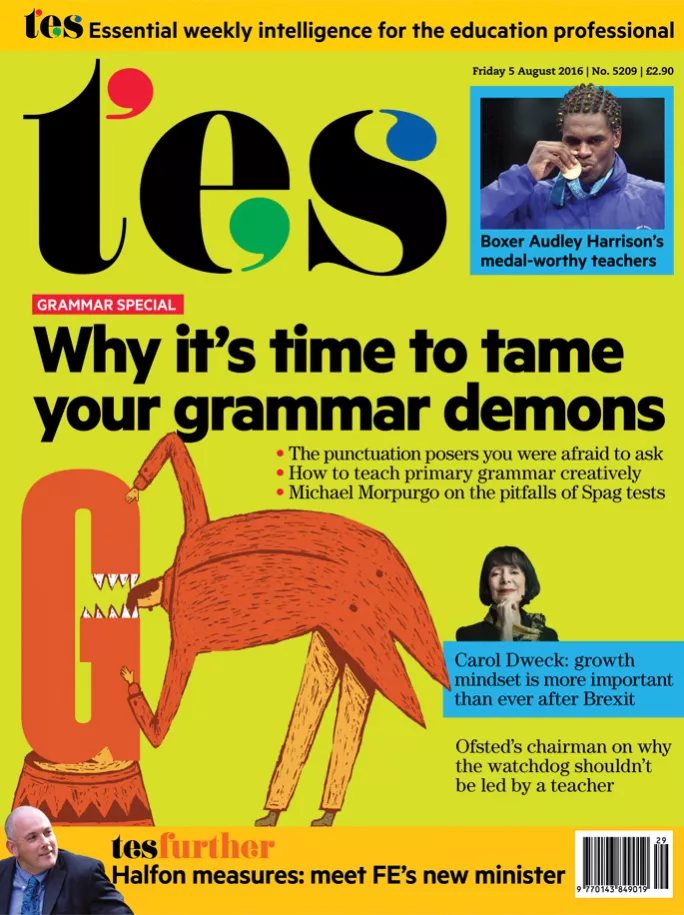English spelling started out as a relatively straightforward means of mapping spoken sounds onto written symbols, although - since the alphabet was borrowed from Latin with a different set of sounds - it presented problems even for the Anglo-Saxons.
The relationship between speech and writing has been further disrupted by subsequent changes in pronunciation - we no longer sound the “k” and “gh” in knight but continue to write it that way. The flood of words borrowed from other languages, with different uses for the same letters (compare cat, centre and ciabatta), have further complicated the system.
Attempts to reform spelling to make it easier to learn go back to the 16th century, but have failed to find a workable solution. Restoring the link between spelling and speech fails because of the variety of English accents (should card be spelled with an “r” or without?), while the desire to make English spelling resemble Latin by introducing silent letters into words like doubt and debt drove speech and writing further apart.
One question that is seldom raised is whether we all need to spell the same way.
Mixed-up system
In the Middle Ages, there were hundreds of spellings of common words like “through”, including drowgh, yhurght, trghug, trowffe.
A fixed system is the legacy of the printing press; in the 19th century, authors like Austen and Dickens left spelling and punctuation to their printers.
Today, we are witnessing a destandardising of spelling in electronic discourse, where variant spelling is tolerated, punctuation marks are repurposed and traditional processes of editing are increasingly bypassed.
Given these changes, perhaps it is time we questioned our emphasis on correct spelling, and the hours spent teaching and testing a child’s grasp of a system that is riddled with inconsistencies. Although we can’t fix the spelling system in English, we can keep its significance in perspective.
There never has been a golden age when everyone had the system mastered; most adults have blind-spots that have the potential to cause them embarrassment (how many “r”s and “s”s?). Should a misplaced apostrophe be sufficient reason to dismiss someone as illiterate? Does an ability to spell necessarily signal a more accomplished writer? Roald Dahl’s letters reveal that his spelling was little better than that of the BFG, and yet he was one of the most successful writers of the 20th century.
After all, as Rabbit says of Owl’s mixed success in spelling “Tuesday” in The House at Pooh Corner: “Spelling isn’t everything. There are days when spelling Tuesday simply doesn’t count”.
Simon Horobin is professor of English language and literature at the University of Oxford. He is the author of Does Spelling Matter? (OUP, 2013) and How English Became English (OUP, 2016)
This article appears in the TES grammar special issue, which offers 16 pages of tips, strategies and analysis on the teaching of grammar. It is available in all good newsagents. To download the digital edition, Android users can click here and iOS users can click here
Want to keep up with the latest education news and opinion? Follow TES on Twitter and like TES on Facebook

